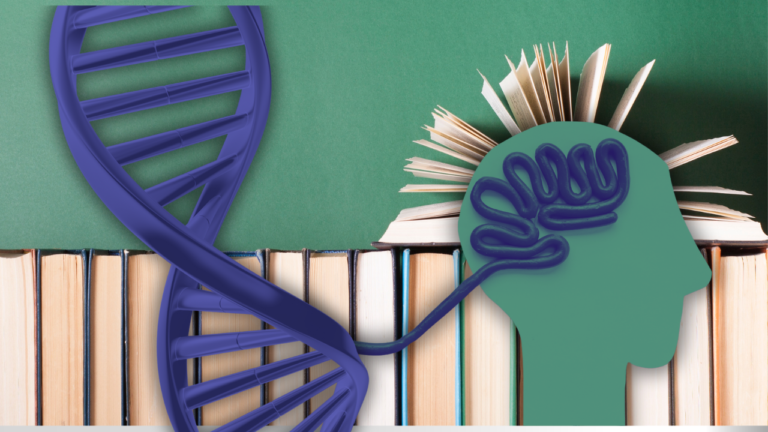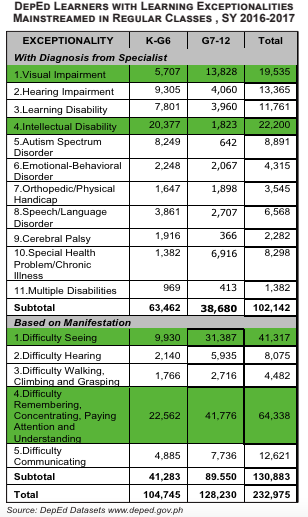
The new finding highlights the connection between genes and cognitive function, offering hope for treatments to enhance these abilities in individuals with intellectual disabilities. Photo by The EdLines
Scientists have identified a gene crucial for learning and memory, offering new insights into intellectual disability and potentially paving the way for future treatments.
The research, published in the Journal of Neuroscience, focused on the Kdm5b gene, previously linked to autism and some intellectual disabilities.
While mutations in this gene have not always caused these conditions, researchers at King’s College London, the University of Exeter and the University of California Irvine found reduced Kdm5b function directly impaired learning, memory and the brain’s ability to strengthen connections between neurons, essential for memory formation.
“Memory and the ability to learn are fundamental to our intellectual potential,” said Professor Albert Basson, lead researcher. “Our work shows that Kdm5b is important for learning and memory, providing new insights crucial for finding ways to improve these functions.”
Reduced gene function linked to learning and memory deficits
The study used mice bred without a fully functional Kdm5b gene and found they exhibited poorer learning and memory abilities. Researchers then reduced Kdm5b function in adult mice within the hippocampus, a key memory center.
This resulted in learning and memory decline, epileptic seizures in some mice and laboratory evidence suggesting reduced strengthening of connections between neurons during memory formation.
Kdm5b’s role in regulating gene expression
Kdm5b modifies the structure of genetic material, influencing whether genes essential for brain function are expressed at the right time and in the right amount.
“We discovered the gene has a direct impact on learning and memory, separate from any effect during brain development,” said Dr. Leticia Peres-Sisquez, a researcher on the project.
The Kdm5b gene “will now be of great interest to researchers on the quest for new treatments for conditions including autism, and other intellectual disability disorders,” she added.
According to UNICEF, there are approximately 1.6 million Filipino children with disabilities. Data from the Department of Education show that intellectual disability was the top case among learners with diagnosis in School Year 2016 – 2017.



